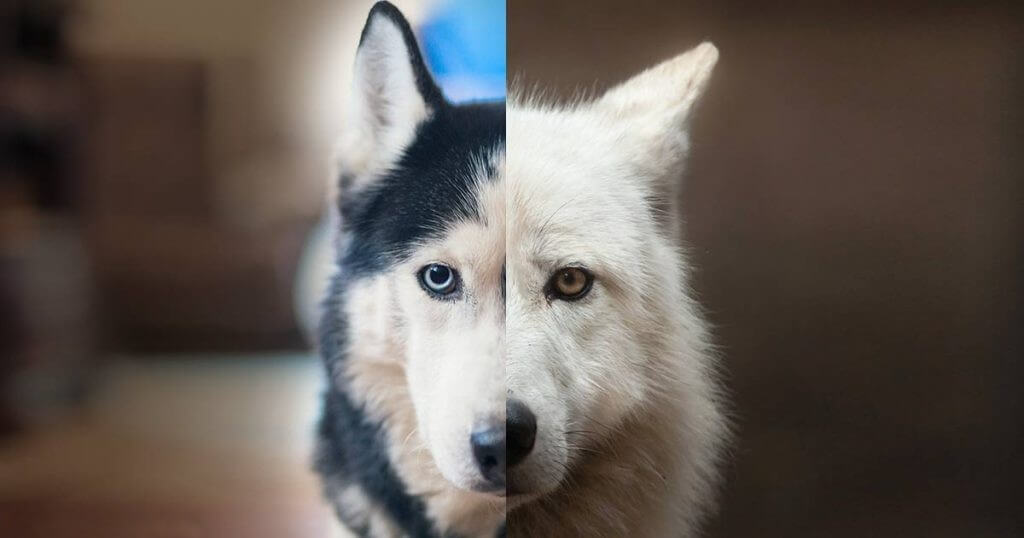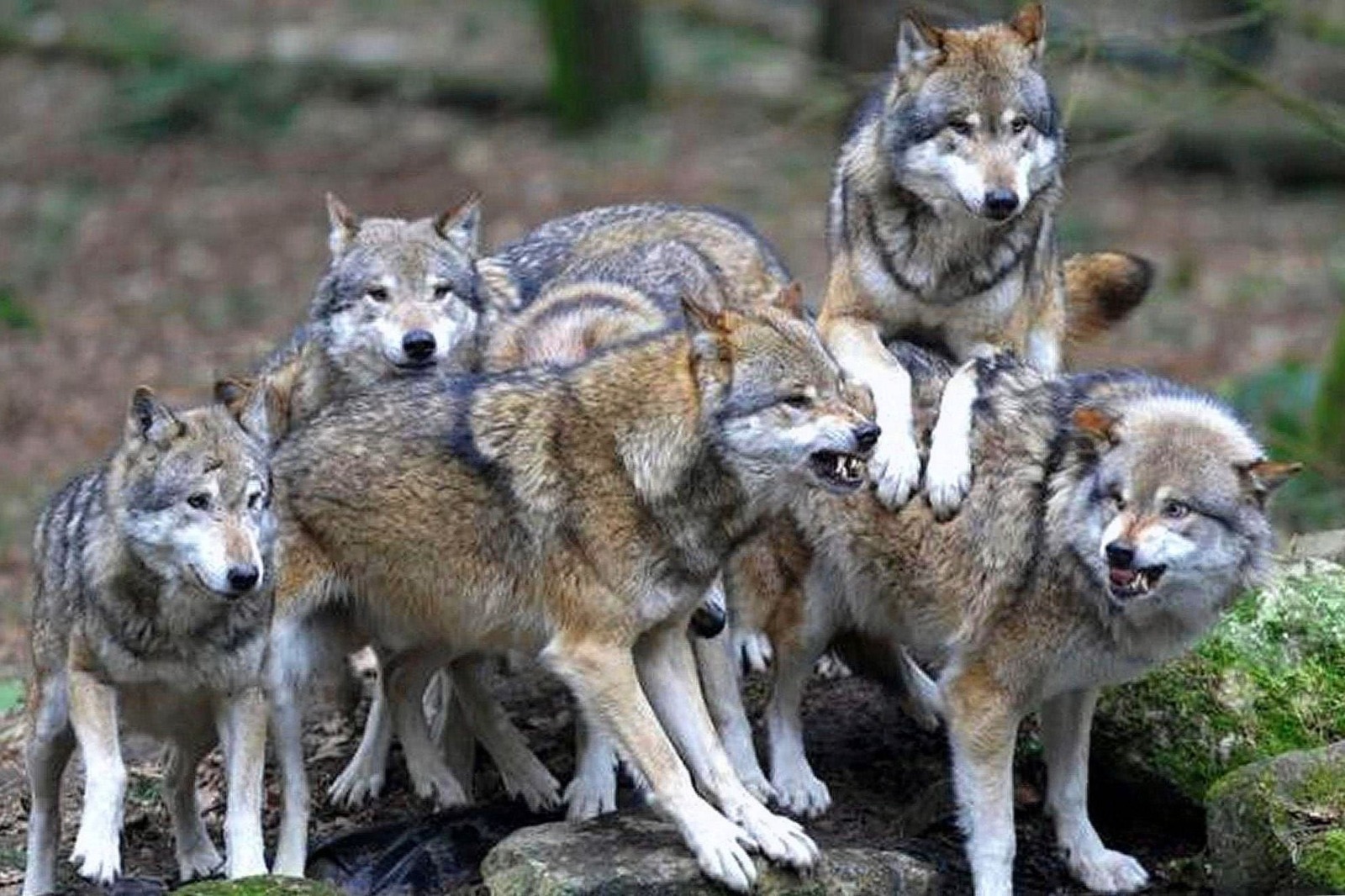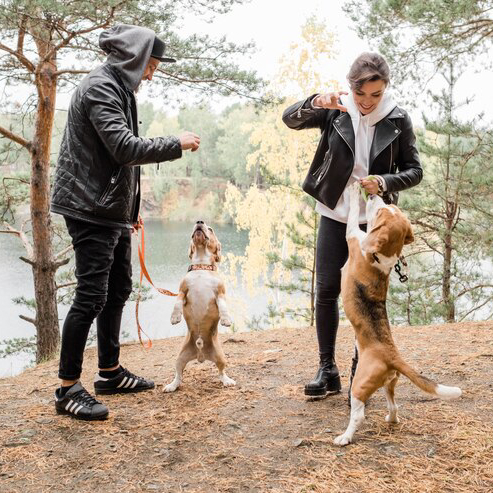A Deeper Look into Avoiding the Pitfalls of Projecting Human Emotions onto Dogs and Anthropomorphism
In our last blog, we touched upon the importance of respecting the unique needs and instincts of dogs. Now let’s take a closer look at some strategies to help you avoid projecting human emotions onto your pet and foster a healthy, respectful relationship. One major reason behind many problems with our dogs today is anthropomorphism – the attribution of human traits, emotions, or intentions to non-human entities, such as our pets.
Learn to read your dog’s body language: Understanding canine body language is essential for recognizing your dog’s emotional state and respecting their boundaries. Familiarize yourself with the various signals your dog uses to communicate, such as tail wagging, ear positioning, and facial expressions.
Practice mindfulness: Be aware of your own emotions and how they may influence your interactions with your dog. If you’re feeling stressed or upset, take a moment to calm yourself before engaging with your pet to prevent unintentionally projecting your emotions onto them.
Separate your needs from your dog’s needs: Recognize that your dog has its own unique set of needs and desires, which may differ from your own. Be mindful of this when making decisions about your dog’s care, activities, and training.
Avoid anthropomorphizing your dog: While it’s natural to want to assign human emotions and thoughts to our pets, doing so can lead to misinterpretation of their behavior and create unrealistic expectations. Social media often perpetuates this issue by portraying dogs being kissed, hugged, dressed up, or given pizza as cute or amusing. However, these actions may not necessarily be what your dog needs and could potentially harm your relationship with them. Remember that dogs have their own unique ways of experiencing the world and expressing themselves.
Seek professional guidance: If you’re struggling to understand or manage your dog’s behavior, don’t hesitate to seek help from a professional dog trainer or behaviorist. They can provide valuable insight and guidance on how to better understand and communicate with your canine companion.
Dogs are often a mirror of our behavior, making self-awareness crucial in building a strong bond with your pet. By implementing these strategies and understanding the pitfalls of anthropomorphism, you can develop a deeper understanding of your dog’s unique needs and instincts, fostering a respectful and fulfilling relationship. Respecting the boundaries and individuality of your pet will ultimately lead to a happier, healthier, and well-adjusted dog.
By reading and applying the insights from these three blogs, you will likely see a massive shift in your dog’s behavior and your relationship with them. Remember, the key to success lies in understanding and catering to your dog’s true needs, rather than simply indulging in what amuses us as humans.




